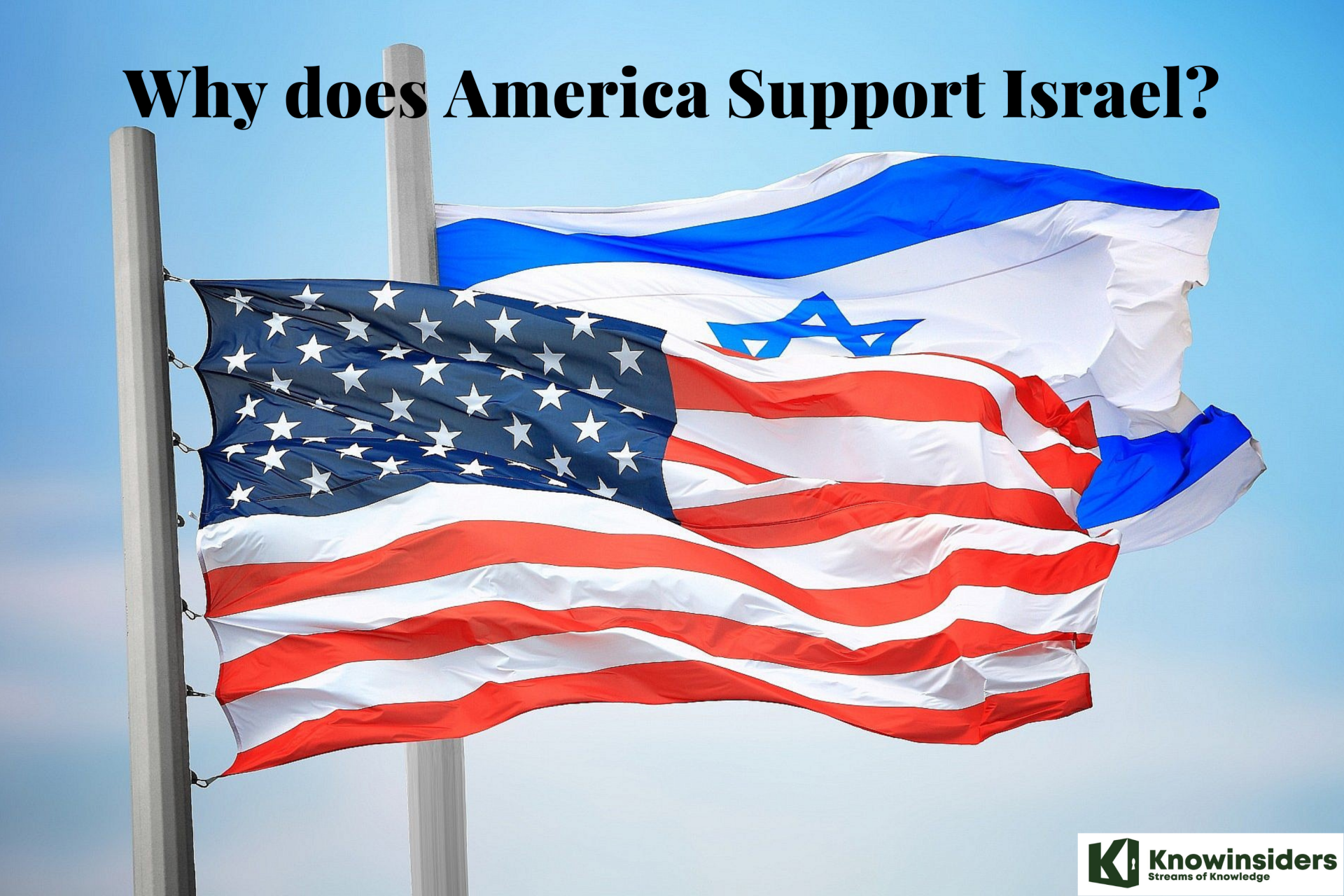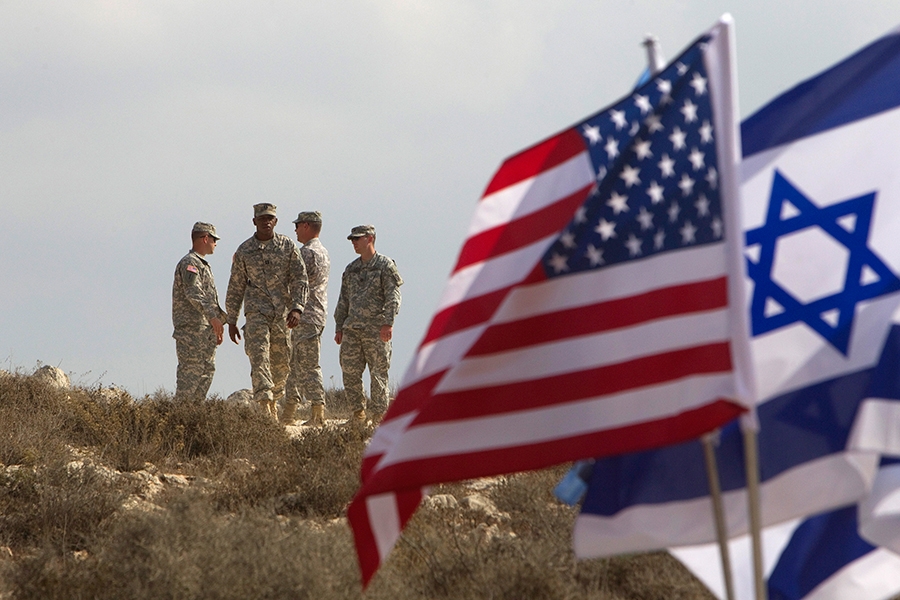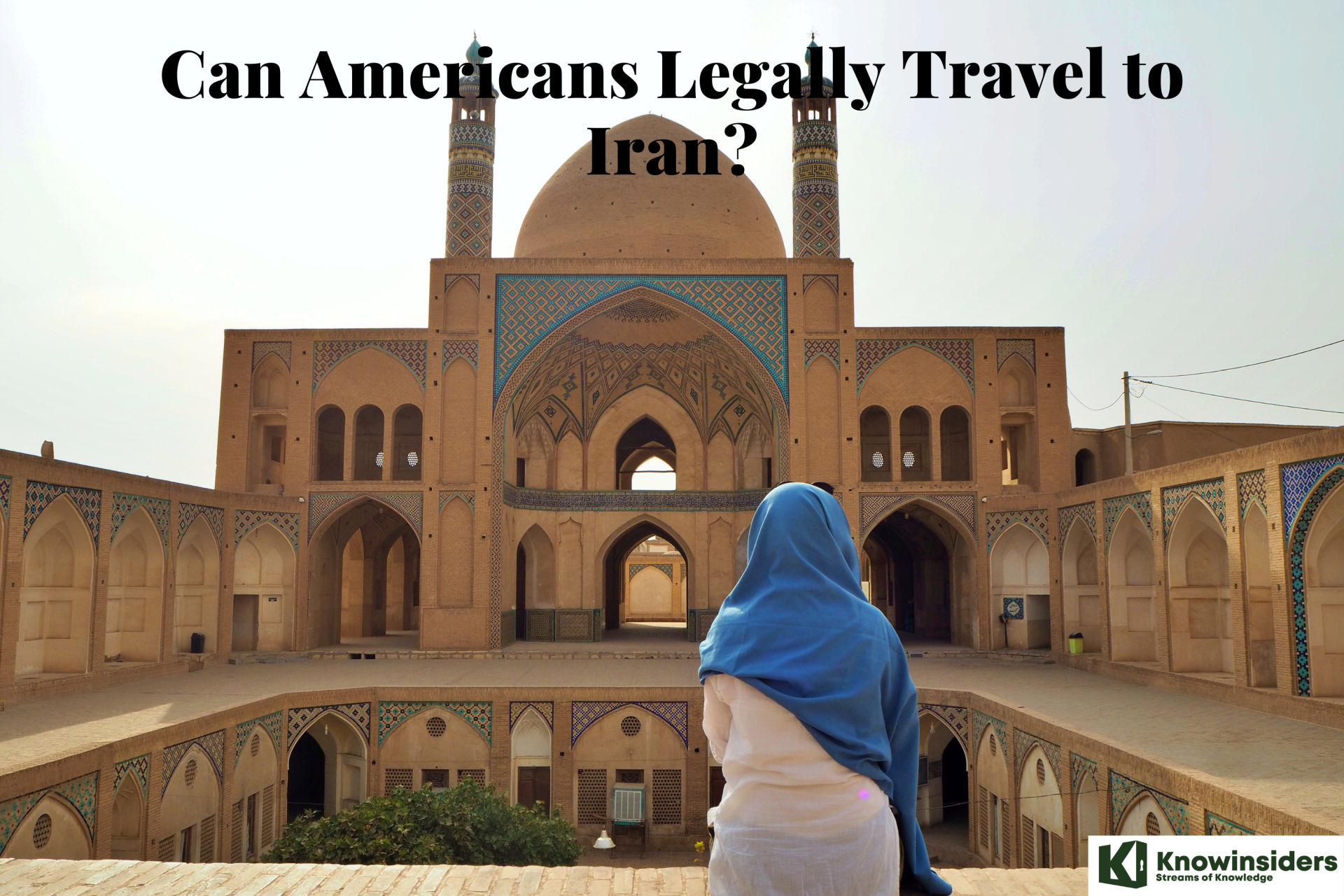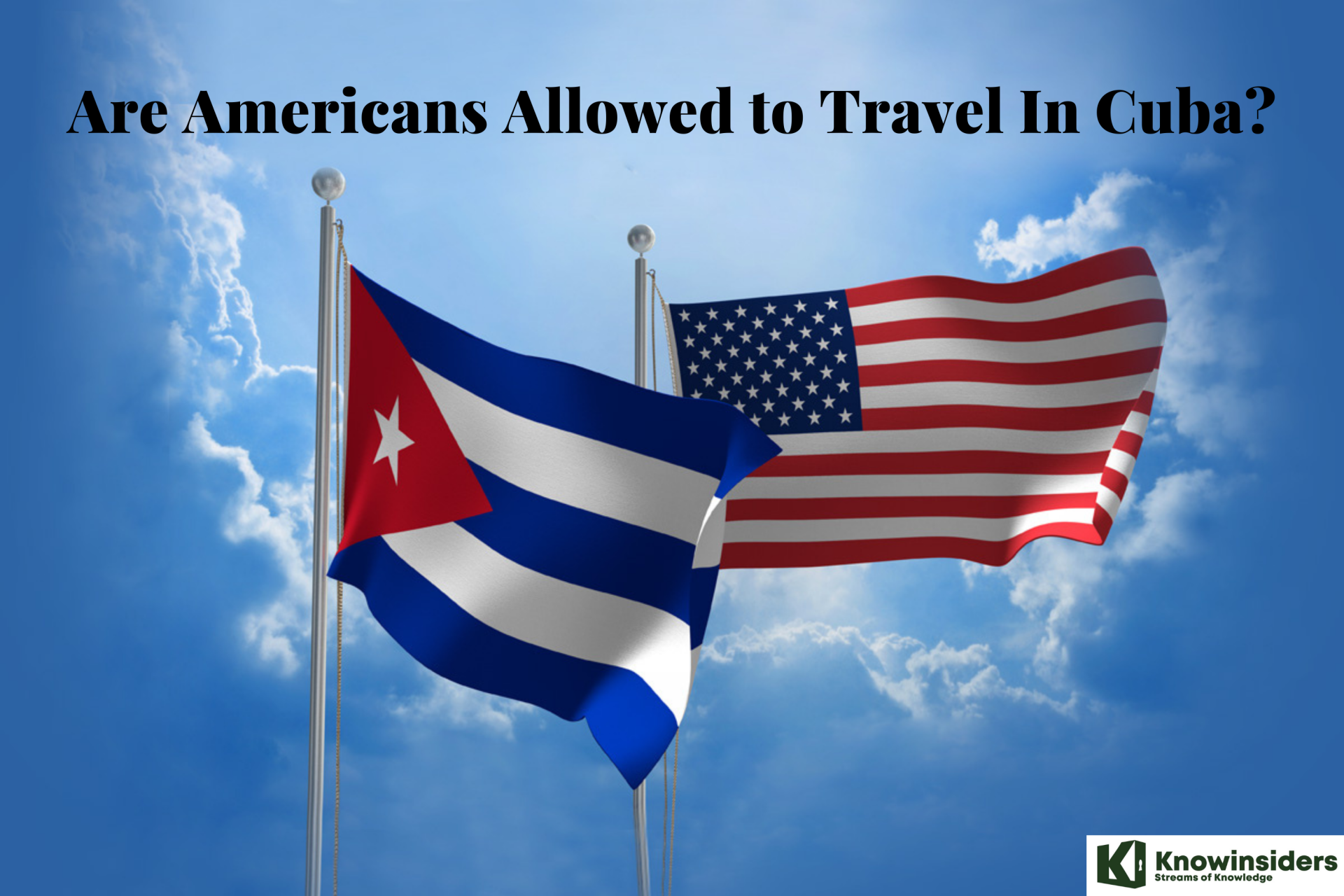Why Does America Support Israel As A Best Friend?
Iran fires at least 180 missiles into IsraelIran fired at least 180 missiles at Israel on Tuesday. This was the latest in a long line of attacks that have made things worse between Israel and Iran and its Arab allies. The conflict has been going on for years and could lead to a war in the whole Middle East. For years, Israel and Iran have been in a "shadow war," but they haven't really fought each other. In the United States, White House National Security Adviser Jake Sullivan called Iran's missile attack a "significant escalation." However, he also said that it was "defeated and ineffective," in part because the U.S. military helped shoot down some of the missiles that were coming from Iran. That his administration is "fully supportive" of Israel and that he is "actively discussing" with his staff what the right thing to do should be in response to Iran. |
 |
| Why does America Support Israel? |
A lot of people in the US and around the world are wondering why, despite some mild criticism, Washington has kept up its strong military, financial, and diplomatic support for the Israeli occupation, even though Israel's occupation forces have broken international law and human rights in ways that have never been seen before.
The Palestinian prisoners in Gaza look like they have given up as Israel again uses harsh military force against a captive population. Tweets from the ground say that Palestinians are getting ready for the worst and rushing to get their families together so that they can all die at the same time. They sound more like goodbyes than requests for help.
Even though it might be hard to tell from the US, people all over the world hate the Israeli occupation and apartheid. Because of this, Israel has been there since the beginning in 1948.
But today, Israel has diplomatic ties with most of the world, thanks in large part to moves made by the United States. Washington wanted Israel to be a part of the global economy and for things to get back to normal. "Special relationship" between the US and the state of Israel, says the US State Department.
Our country and Israel get along great, and our country is Israel's best friend. Americans and Israelis are united by our shared commitment to democracy, economic growth, and safety in the region. There has never been a better time for the strong bond between our two countries.
Check more: Fact-Check: Vanga Predicted the War Between Israel and Hamas?
US and Israel Relationship in History
In 1948, the United States became the inaugural nation to acknowledge Israel as a sovereign state, and in 2017, it was the pioneer in recognizing Jerusalem as the capital of Israel. The United States and Israel share a remarkable partnership, with the United States standing as Israel's closest ally. The mutual dedication to democratic principles, economic advancement, and regional stability forges a profound connection between Americans and Israelis. The current moment represents an unparalleled opportunity for the enduring connection between our two nations.
Advancing a thorough and enduring solution to the Israeli-Palestinian conflict has consistently been a paramount concern for the United States. The Abraham Accords and the normalization agreements involving Israel, the United Arab Emirates, Bahrain, Morocco, and Sudan exemplify the United States' dedication to fostering enhanced collaboration and the establishment of normalized relations between Israel and Arab and Muslim-majority nations.
When did the US start supporting Israel?
right from the start. When Israel was established in 1948, former US President Harry Truman was the first world leader to do so.
What Were the Strategic Stakes at the Time?
The US and the USSR were just coming out of World War II and into the Cold War at the time.
Since the Middle East has a lot of oil and important waterways, like the Suez Canal, it has been a major battleground for superpowers. As the most important western power in the Middle East, the US took over from Europe's weakening powers.
Still, there were some people who did not fully support Israel.
So when did it become unequivocal?
That comes from after the 1967 war, when Israel beat the weak armies of Egypt, Syria, and Jordan and took over most of historic Palestine as well as some land from Egypt and Syria.
Since then, the US has made it clear that it supports Israel's military dominance in the area and won't stand for Arab countries acting badly toward it.
 What is Hamas & Why it attacks Israel? What is Hamas & Why it attacks Israel? |
What role has public opinion played?
The American public has long been biased against the Palestinians and in favor of Israel because Israel had a better public relations campaign than the Palestinians. On the other hand, violent acts by pro-Palestinian groups, like the Munich Massacre of 1972, in which 11 Israeli Olympic athletes were killed, also helped gain support for Israel.
Why is Israel so popular among Americans in the first place?
 |
| Photo: washingtoninstitute |
Having a strong drive is thought to come from having "shared values." The moral image of Israel that Americans have of it, like the idea that it is "the only democracy in the Middle East," is what Barnett calls the "foundation of US-Israeli relations." Barnett quickly points out that this leaves Israel open to attack if Americans believe that Israel has gone against these shared values (more on that in the last section).
It's also important to look at religious groups and other things. Anglicans and Jews in the United States are two of the most politically active groups in the country. For the Democratic and Republican parties, these groups of voters are very important. Both groups are mostly pro-Israel.
There are different ways to look at this. For example, evangelical support for Israel is often less complex than Jewish support. For example, 65% of American Jews who call themselves reform or secular are against Israel's plans to build more settlements in the West Bank. Also, Jews younger than 35 are the least likely to call themselves Zionists, even though most Jews do. The older, more conservative Jews, on the other hand, have a lot of power over national politicians, even though they don't fully reflect the views of the more liberal Jewish Americans about Israel. They mostly live in Florida and Pennsylvania, which are two important swing states in presidential elections. They say they want to vote based on how they feel about Israel.
This is what 54% of American Jews say: the US supports Israel just enough. The other 31% say it doesn't go far enough. There is a difference between what 46% of white evangelicals want the US to do to help Israel and what 31% think that there should be.
When evangelicals, Jews, and the general public are taken into account, both Republicans and Democrats always support Israel.
The United States - Israeli Partnership is Rock Solid
Israel and the US are good friends and work together. Americans and Israelis are united by our shared commitment to democracy, economic growth, and safety in the region.Our friendship is better now than it has ever been.
The US is dedicated to maintaining peace in the region and protecting Israel's safety. According to what the Administration asked for, the FY 2022 appropriations act includes an extra $1 billion for Israel's Iron Dome defense system. With the Abraham Accords, ties between Israel and Arab and Muslim countries will grow and get stronger. The US strongly supports this.
We have a strong, close relationship with each other that has been going on for a long time, and we back Israel's efforts to make friends with its neighbors. Our view is that both Israelis and Palestinians should be able to live in safety and have the same amount of freedom, prosperity, and democracy.
The United States cares a lot about Israel's safety. This includes dealing with Iran's role in making the region unstable and stopping Iran from getting a nuclear weapon.
Strategic Reasons for Continuing U.S. Support
Policymakers across the political spectrum agree that Israel has advanced US interests in the Middle East and beyond:
• Israel has successfully stopped radical nationalist movements from gaining ground in Lebanon, Jordan, and Palestine.
• Syria, a long-time ally of the Soviet Union, has been kept in check by Israel.
• The region is dominated by Israel's air force.
• American weapons have been put to the test on the battlefield by Israel's frequent wars, frequently against Soviet weapons.
• It has acted as a conduit for U.S. arms to regimes and movements that are too unpopular in the country for openly receiving direct military assistance, such as the military junta in Guatemala, the Nicaraguan Contras, the Islamic Republic of Iran, and apartheid South Africa. Israeli military advisors have supported foreign occupation forces in Namibia and Western Sahara, the Salvadoran junta, and the Contras.
• The Israeli intelligence agency has helped the United States with covert operations and intelligence gathering.
• Israel has hundreds of nuclear weapons in its arsenal, missiles that can reach as far as the former Soviet Union, and it has worked with the American military-industrial complex to develop new jet fighters and anti-missile defense systems.
Could US support for Israel change?
Distinguishing between the various facets of US policy toward Israel can be challenging. For instance, when Obama was first in office, he urged Israeli Prime Minister Benjamin Netanyahu to halt the construction of new settlements in the West Bank. Netanyahu countered by enlisting the support of his congressional allies. There was a lot of pressure on Obama to drop his anti-settlement stance from Netanyahu's party allies, who are constantly trying to portray themselves as pro-Israel. Obama was satisfied.
In this and similar cases, the question at hand is how much influence US domestic politics or foreign policy interests had on the US-Israeli relationship. If Netanyahu couldn't have rallied so many congressional supporters, would Obama have been more adamant about opposing settlements? Did those lawmakers mainly act out of a genuine concern that Obama's approach would hurt Israelis, a belief that Obama was undermining US foreign policy interests, or the influence of domestic politics, which lean toward pro-Israel policies?
If we want to know what the future holds for US-Israeli relations, we should look at the possible reasons of these general factors changing. Could the United States and Israel eventually grow apart, to rephrase?
 Can Americans Legally Travel to Iran? Can Americans Legally Travel to Iran? With US-Iranian relations in flux and reports of shifting politics within Iran, it’s no wonder that Americans question whether they can or should travel to ... |
 Are Americans Allowed to Travel In Cuba? Are Americans Allowed to Travel In Cuba? “Can Americans travel to Cuba?” is one of the most frequent questions of US netizens if want to visit Cuba. Let's take a look at ... |
 Why do American Schools Start so Early and Why It Is Bad for Students? Why do American Schools Start so Early and Why It Is Bad for Students? Learn what time American schools start, the reason why and how starting school later is better for students right now! |























